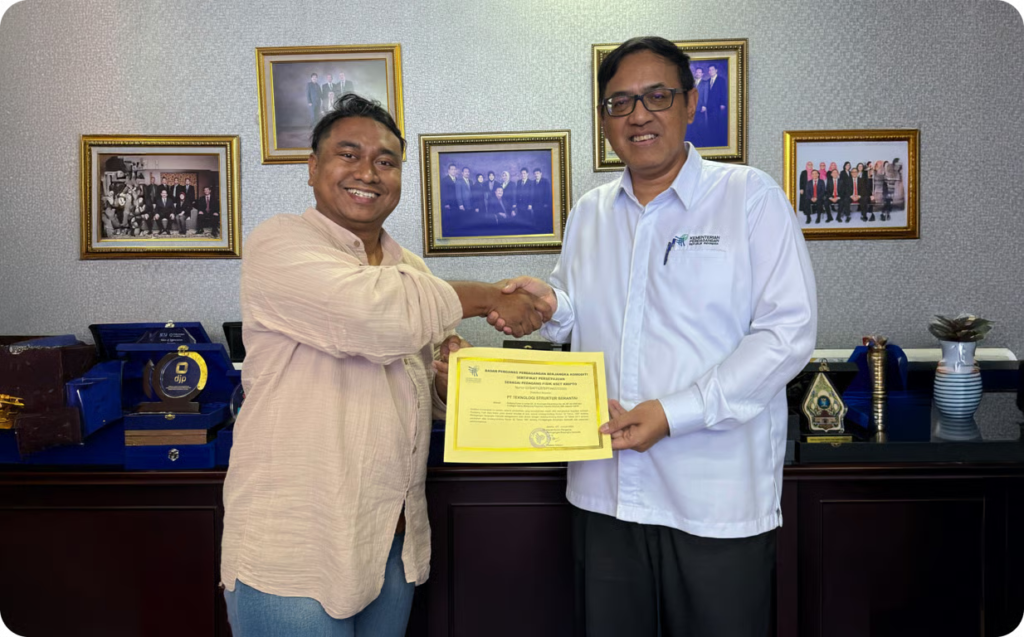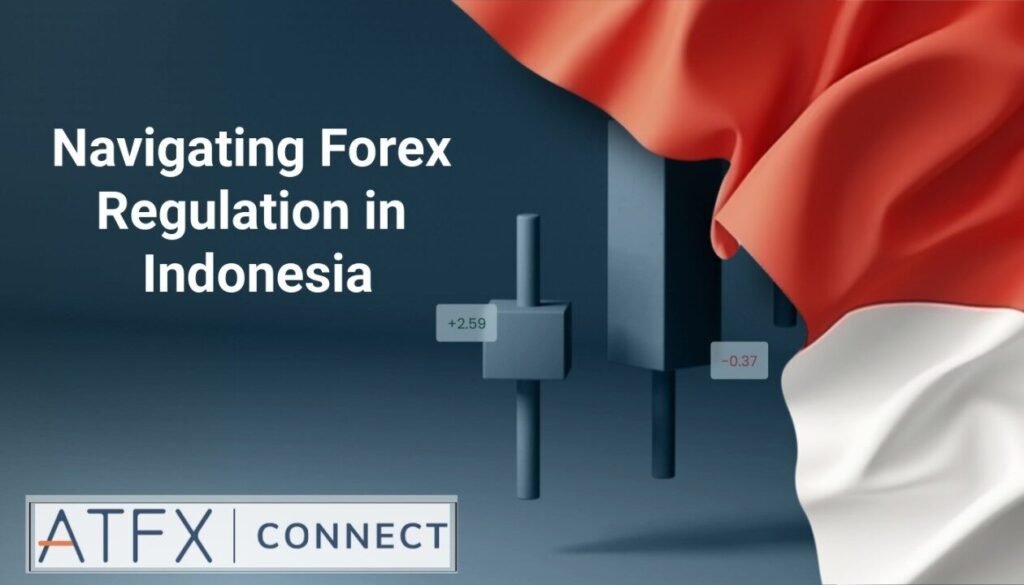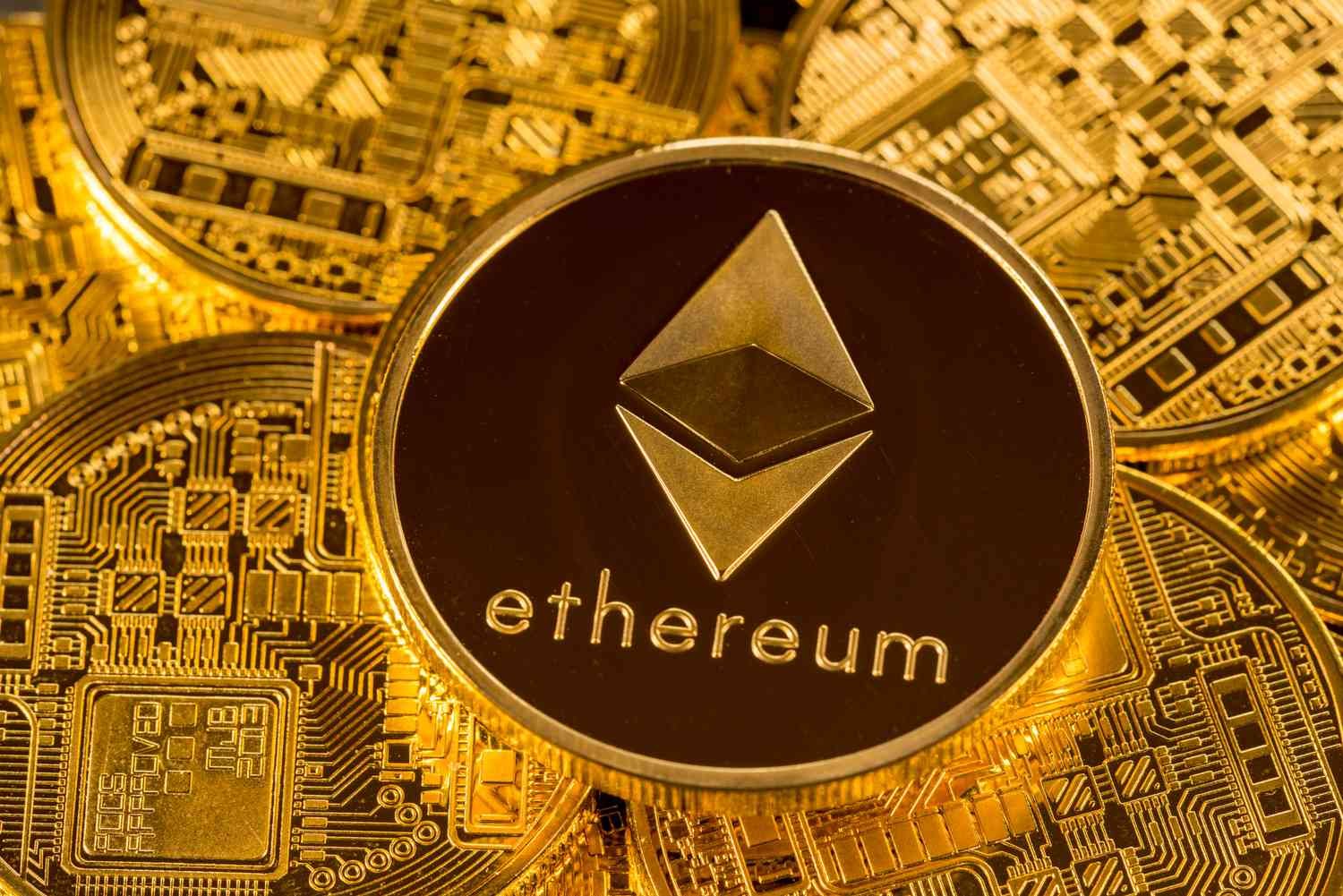Forex regulation Indonesia: Before opening a forex account or placing your first trade, it’s crucial to know whether it’s even legal to do so in Indonesia. In 2025, the answer is yes — forex trading is allowed — but it’s far from an unregulated activity.
The industry is supervised by Bappebti (Commodity Futures Trading Regulatory Agency) and OJK (Financial Services Authority). These two agencies work together to manage market stability, protect investors, and prevent fraud.
If you plan to trade, the first thing you need to do is make sure your broker is approved by Bappebti. That’s the foundation of legal trading.
Learn the Core Rules Set by Bappebti and OJK

Source: VRITIMES
At the heart of forex regulation Indonesia applies is a licensing system. All brokers offering forex trading to Indonesian citizens must be licensed by Bappebti and follow OJK’s broader financial conduct rules.
This includes:
- Maintaining proper financial reserves
- Disclosing trading risks clearly
- Operating with full transparency in Indonesian
- Avoiding misleading advertising or profit guarantees
These rules apply to both online and offline activity. Whether you’re using a laptop or mobile app, the broker must follow local laws.
Verify the Broker Before Opening an Account

Source: FXLeaders
Not all brokers that appear online are operating legally in Indonesia. Some international platforms may allow Indonesian traders to register, but unless they’re licensed by Bappebti, they’re considered unauthorized.
You can check the Bappebti website for an up-to-date list of registered brokers. If a broker’s name isn’t on it, that’s a red flag — no matter how professional their website or app looks.
Trading through illegal platforms comes with serious risks: no legal protection, no guarantee of withdrawals, and no help if the platform disappears overnight.
Understand What Makes a Broker Legal in Indonesia

Source: Linkedin
To become a licensed forex broker in Indonesia, companies must go through a thorough vetting process. This includes submitting financial audits, setting up a physical office in the country, offering customer support in Bahasa Indonesia, and complying with leverage limits.
Legal brokers are also required to educate clients about trading risks. Many offer demo accounts, basic training materials, and tools to help users make more informed decisions.
These aren’t just extra features — they’re part of the legal structure that forex regulation Indonesia mandates in 2025.
Know What’s Allowed for Individual Traders
If you’re trading as an individual, the good news is you’re legally allowed to participate in the forex market — as long as it’s done through a registered broker.
Online trading is permitted, and you can access platforms via desktop or mobile. However, margin and leverage levels are capped for retail clients, especially for those new to trading.
You should also expect transparency around fees, spreads, and trading terms. If a broker doesn’t offer clear answers or documentation, it likely isn’t compliant with local rules.
Forex regulation Indonesia: Avoid the Temptation of Offshore Platforms
Some Indonesian traders are drawn to international brokers because of promises like higher leverage or lower minimum deposits. But if those brokers aren’t registered with Bappebti, they’re not legally allowed to operate in Indonesia.
And while it may seem like there’s no harm in trying, the risk is entirely yours. If anything goes wrong — such as account lockouts, suspicious trades, or frozen funds — there’s no way to report the issue through Indonesian authorities.
That’s why the safest choice is to trade only with licensed brokers operating under local regulatory supervision.
Forex regulation Indonesia: Stay Updated with Government Monitoring Tools

Source: InfoPublik
Bappebti doesn’t just hand out licenses — it also monitors the forex space actively. In 2025, the agency has adopted new tech to track unlicensed platforms, monitor digital ads, and block websites that violate national trading laws.
They also collaborate with Kominfo to block domains and crack down on influencers who promote illegal brokers. Their blacklist is regularly updated and easily accessible.
If you’re unsure about a broker, it’s always a good idea to check this list before depositing funds. Staying informed is part of trading responsibly in Indonesia.
Conclusion: Forex regulation Indonesia- Legal Trading Starts with the Right Broker
As more Indonesians show interest in online trading, the country’s rules continue to evolve. The forex regulation Indonesia enforces in 2025 is clear: legal trading is possible, but only with licensed brokers under supervision.
If you’re thinking about getting started, begin with research. Understand the laws, check broker credentials, and follow safe practices. With the right knowledge and tools, you can participate in the forex market without falling into regulatory traps.
Legal doesn’t mean complicated — it just means trading with care.



